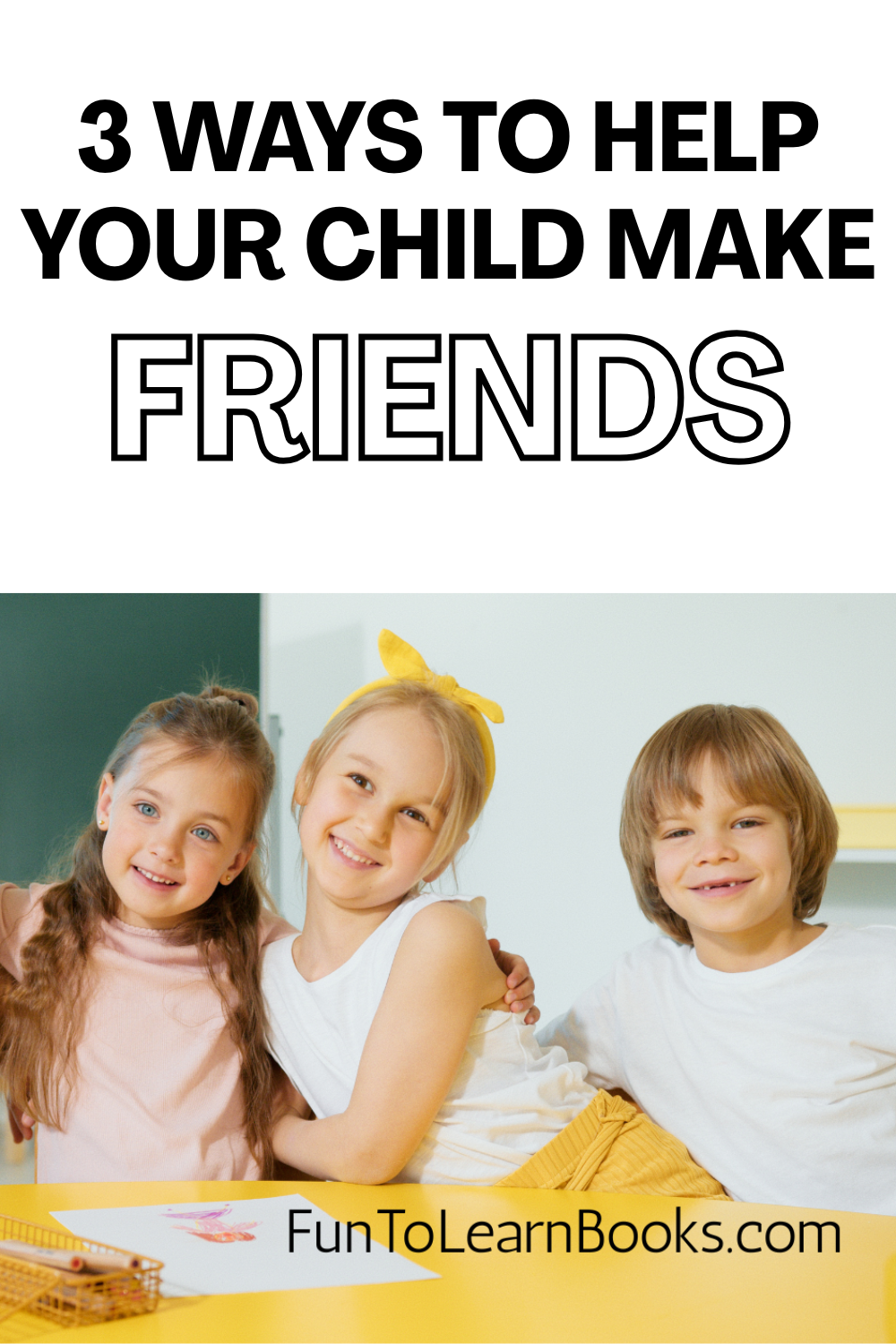Friendships are a key factor in a child’s mental health, happiness, and life success. Research shows that people with strong social connections tend to have lower stress levels, healthier immune systems, better emotional regulation, lower BMI, and even live longer. While many homeschool parents recognize the importance of friendships, we may not always realize just how much our kids need our help in developing them—intentionally and consistently.
Why Helping Your Child Build Friendships Matters
Most homeschool parents don’t need to be convinced that their children need friends. What we may not fully appreciate is the importance of helping them develop enough friendships—and the right kinds.
For a time, I felt content when each of my children had one or two close friends. But I later learned this was a mistake. Friendships change. Families move, stop homeschooling, or grow apart. I hadn’t prepared my kids—or myself—for the natural ebb and flow of relationships.
I was focused only on one type of friend: the close friend. Those are wonderful blessings—the kind you invite to birthday parties, share trips with, and build deep bonds with. But they aren’t the only type of friend our kids need.
1. Teach Your Child About the Different Types of Friendships
Kids benefit from understanding the variety of friendship roles in their lives:
- Close friends – deep, personal relationships
- Activity friends – kids they see at co-op, swim lessons, chess club, etc.
- Seasonal friends – friendships formed in specific life stages or during a shared, time-limited activity
It’s important that children understand that activity and seasonal friendships are normal and valuable—even if they don’t evolve into closer bonds. If those friendships fade, it doesn’t mean anything is wrong with them. It’s simply part of life.
2. Help Them Practice the Friendship-Building Process
Friendship begins with acquaintance—and becoming an acquaintance starts with three simple steps:
- Saying hello
- Giving your name
- Asking a basic question (e.g., “What’s your name?” or “Where do you live?”)
To help your child turn an acquaintance into a friend, teach them the importance of remembering the other person’s name. Some helpful strategies:
- Repeat the person’s name several times during the conversation
- Create an association or mnemonic (e.g., “Mason loves math” or “Emily has earrings”)
Next, encourage your child to ask thoughtful questions. Children who struggle socially often talk only about themselves. Remind them that most people love to talk about themselves and feel seen when others show interest.
In Training Aliens Level 2, we offer kids specific, age-appropriate questions they can use to connect with acquaintances and build toward friendship. With practice and time, these acquaintances may develop into deeper, more reciprocal relationships.
3. Model Friendship-Building Yourself
One of the most effective ways to help your child make friends is to model it for them.
Let your kids see you:
- Say hello to new people
- Remember and use people’s names
- Ask others questions about their lives
When friendship-building becomes a family value—not just a child’s task—your child learns that it’s a lifelong skill, not just something for co-op or Sunday school.
Keep Teaching Social and Emotional Skills
Helping your child make friends isn’t just about social ease—it’s about preparing them for a lifetime of connection, empathy, and emotional well-being. Even if your child is naturally social, intentional teaching can help them navigate changing relationships, build confidence, and develop resilience.
👉 Be sure to check back for the next post in our Teaching Social and Emotional Skills series. You’ll get practical tools and insights to support your homeschool in raising emotionally intelligent, socially skilled, and joy-filled kids.



